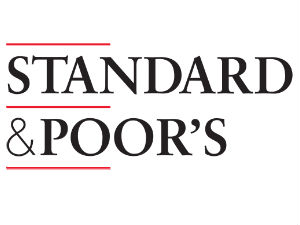S&P's report explaining why it downgraded the superpower

The rating giant has said "fiscal consolidation plan that Congress and the Administration agreed to this week falls short of the amount that we believe is necessary to stabilize the general government debt burden by the middle of the decade."
The rising public debt burden and the policy-making uncertainty are the big reasons for the apprehension. The agency feels that with the passage of Budget Control Act Amendment on August 2, has removed any immediate threat of payment default.
"The political brinksmanship of recent months highlights what we see as America's governance and policy-making becoming less stable, less effective, and less predictable than what we previously believed. The statutory debt ceiling and the threat of default have become political bargaining chips in the debate over fiscal policy," said the rating agency in its report.
According to S&P the differences between political parties are huge. Republicans and Democrats have only been able to agree to relatively modest savings on discretionary spending while delegating to the Select Committee decisions on more comprehensive measures.
The agency is of the opinion that the option to generate new revenues have dropped down. And the plans envisions a minor policy changes on Medicare and there is little change in other entitlements. This essentially means that spending will remain high and the revenue will not be much.
Also there is no guarantee that there will be a bipartisan government in 2012 which will take the tough decisions required to bring down the deficit. S&P believes that by that time the debt shall rise too much.
Staying away from politically contentious issue of income and spending of the government, the agency said, "Standard & Poor's takes no position on the mix of spending and revenue measures that Congress and the Administration might conclude is appropriate for putting the U.S.'s finances on a sustainable footing."
The report recognizes that the government is taking measures to reduce its debt but it points to two facts. First, the deal can be changed by the government through legislative policy and there has been change in the assumption that the tax cuts in 2001 and 2003 would expire by the end of 2012, since the majority Republicans in Congress continue to resist any measure that would raise revenues.
On the outlook the agency stated "long-term rating is negative." It said a lack of seriousness on part of the government could result is further lower the long-term rating of the country. Where as if the government can fulfill the measures necessary to stabilize its position then its rating can remain at 'AA+'.
Further it also said that on Monday, the S&P will issue a separate release concerning affected ratings in the funds, government-related entities, financial institutions, insurance, public finance, and structured finance sectors.
GoodReturns.in































